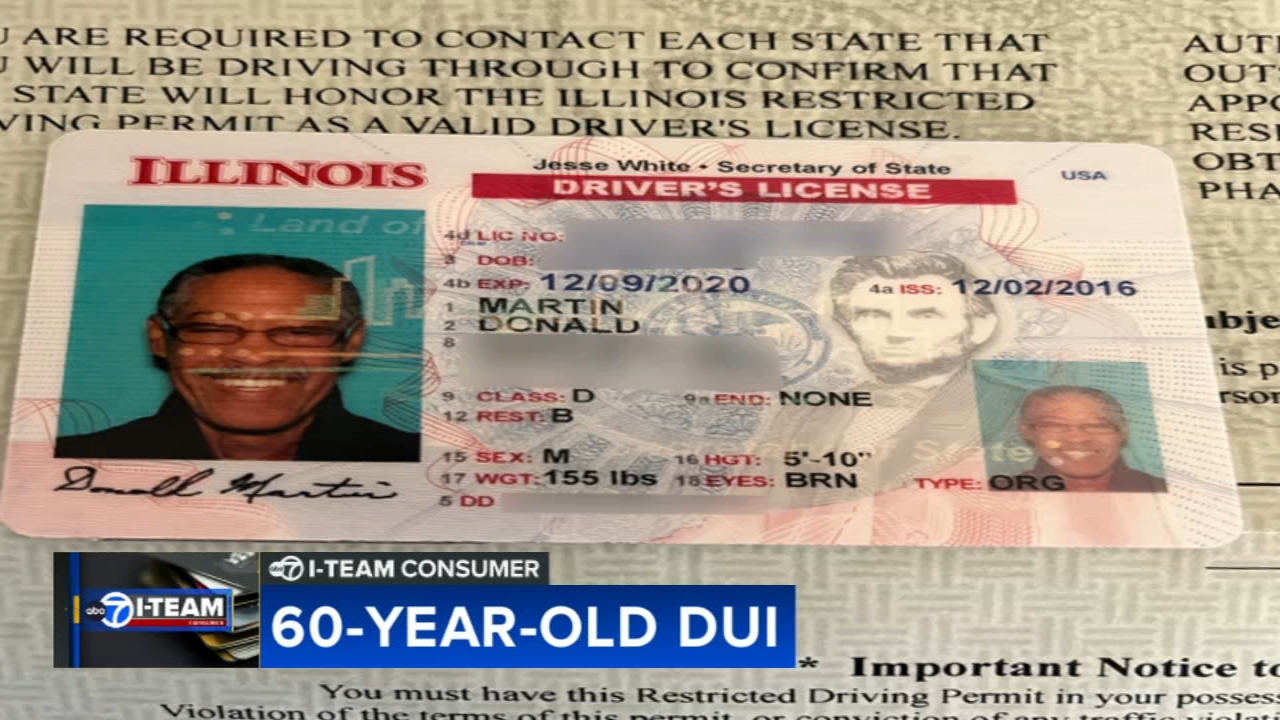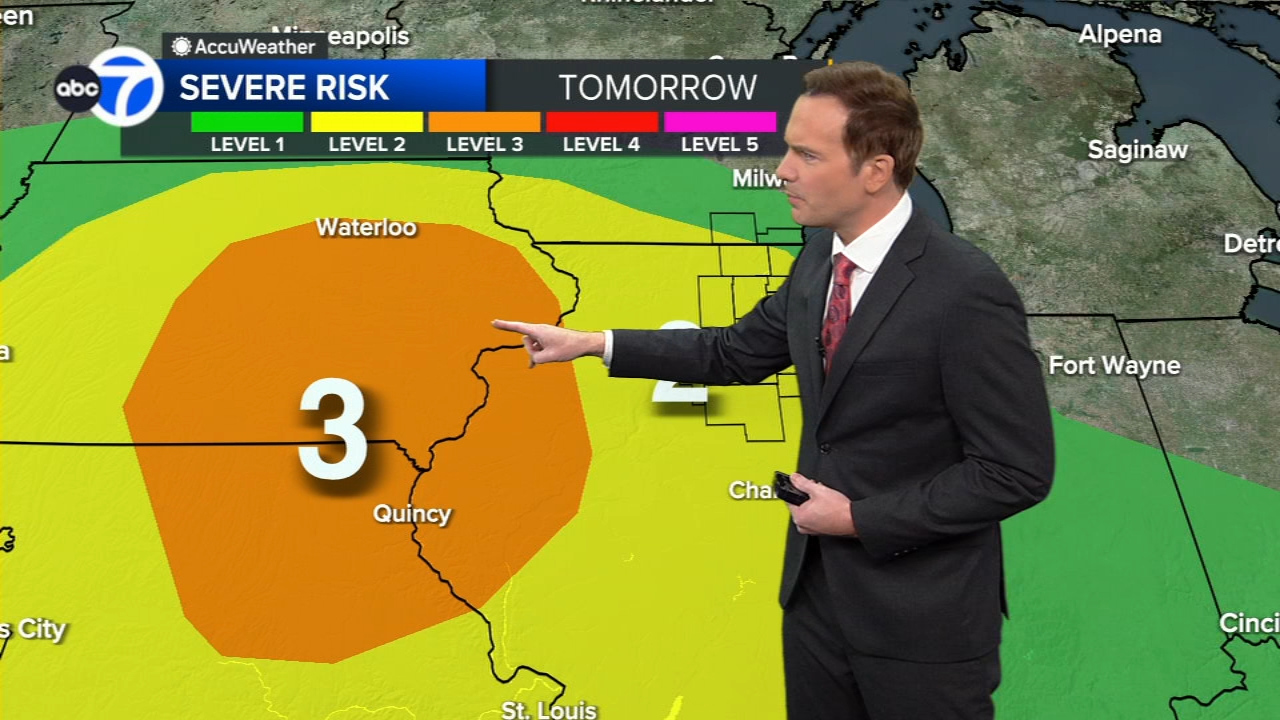False nuke warning in Hawaii has Illinois examining alert system
An ABC7 I-Team Investigation
CHICAGO (WLS) -- As federal investigators work to get to the bottom of the mistaken missile alert in Hawaii, regulators in Illinois say they are reassessing the state's emergency alarm system.
Hawaii's U.S. representatives on Wednesday asked for a formal Congressional investigation into the attack alert miscue that sent a wave of panic and fear across most of the islands.
On Saturday, a portion of Hawaii's 1.4 million residents and hundreds of thousands of visitors received an alert that warned of an incoming ballistic missile. Nearly 40 minutes later, the emergency officials issued a second alert informing that the first one was false.
An incident similar to what happened in Hawaii, and was caused by the erroneous release of an actual warning, occurred in Illinois nearly twelve years ago.
On June 26, 2006, hundreds of radio stations in and around Chicago were sent the full Emergency Alert System tone and warning announcement by mistake, disrupting radio broadcasts for a few anxious moments.
A Federal Emergency Management Agency spokesperson called it an "unintentional disruption" caused by a FEMA contractor's installation of a satellite receiver in Springfield as part of a nationwide upgrade. Authorities determined that the new Illinois receiver inadvertently picked up a closed-circuit test between receivers in Richmond, Virginia, and Cleveland.
The mistake sent engineers scrambling at the affected outlets throughout Illinois and in adjacent media markets such as St. Louis. Compounding the error, an actual presidential code, minus any audio explanation, was sent - rather than a lesser alert or a notification of a systems test of some kind. In some affected markets, the glitches resulted in interruptions of programming by the EAS tone, sometimes lasting three or four minutes at a time.
"I'm thinking somebody goofed up, and the third time, oh, somebody's in big trouble."
After some dead air, WGN radio's morning host at the time was suddenly heard on every radio and TV station in Chicago, and he wasn't sure why.
"We've got all these bells and we'll figure out what's going on."
When the state's emergency alert system is activated, WGN-AM is the station designated to simulcast the message.
The primary role of the Emergency Alert System is to allow the president to address the public during a national emergency, although it has never been used for that purpose. State and local officials also may use the system to alert the public.
In Hawaii last Saturday, an employee at the state's Emergency Management Agency sent out a real ballistic missile warning during an internal test of the notification equipment. It came at an especially sensitive time in that part of the world as North Korea remains a nuclear menace.
Just after 8 a.m. the errant alert went out to Hawaii cellphones: "BALLISTIC MISSILE THREAT INBOUND TO HAWAII. SEEK IMMEDIATE SHELTER. THIS IS NOT A DRILL." A more detailed message scrolled across television screens in Hawaii, suggesting, "If you are indoors, stay indoors. If you are outdoors, seek immediate shelter in a building. Remain indoors well away from windows. If you are driving, pull safely to the side of the road and seek shelter in a building or lay on the floor."
The mishap sent ripples of terror across the islands, some people running into businesses or taking cover in manholes.
The guts of Hawaii's alert system is nearly identical to what used in all U.S. states, including Illinois, and intended to warn of public emergencies from tornado threats to missile attacks. Regulators have suspended testing in Hawaii until the mishap can be sorted out and confusing computer options fixed.
A spokesperson for the Illinois Emergency Management Agency on Wednesday told the I-Team that they are reevaluating the system in place here, in view of what happened in Hawaii. IEMA spokesperson Patti Thompson said whenever there is an accidental emergency notification in the U.S. IEMA does a state examination of systems and procedures to ensure that it won't happen here.
For Illinois and other states, a congressional hearing could help direct federal policies and practices when it comes to issuing a ballistic missile warning.
The ranking member of the House Armed Services Committee has shown an interest in conducting an investigation, but hearings have not yet been confirmed.








